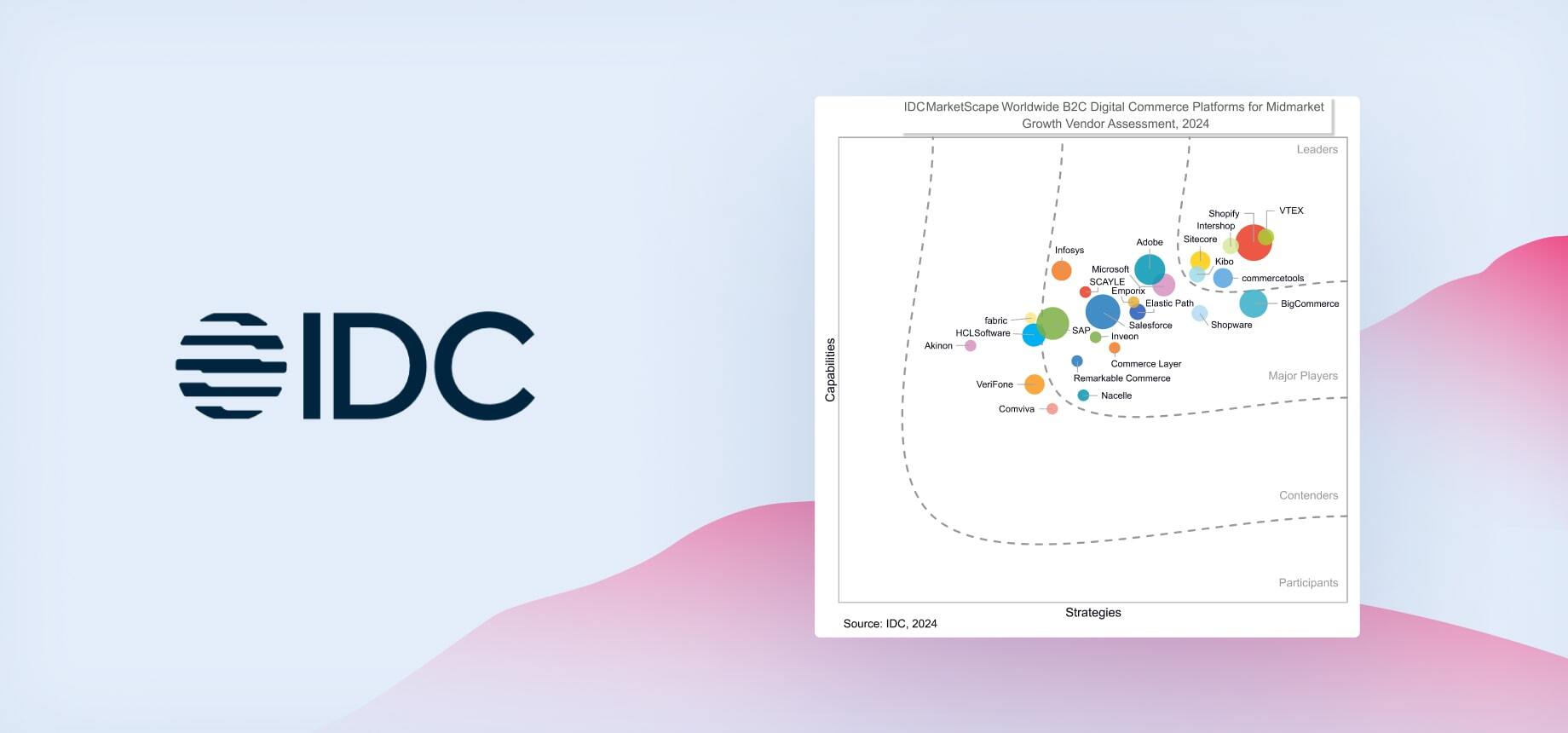
If you had to list five TV shows or movies with characters that identify themselves as members of the LGBTQIA+ community, what would come to your mind? Glee, Modern Family, Orange is The New Black, and Pose are some of the possible answers you may have come up with, right?
Some fall off the list immediately if you think about how many are main characters or portrayed in the workplace. And the list gets even shorter if we look for LGBTQIA+ characters who are black women, for example.
We are talking about fiction, actors playing roles written by screenwriters to build an invented story. If we talk about real life, our daily lives, how many people do you know at work who are part of the LGBTQIA+ community? How many are in leadership positions?
There are many questions, and we do not expect you to answer all of them. Instead, we expect you to finish reading this piece with the right questions in mind so that this reality can be changed.
Understanding the Sense of Belonging
Considered an emotional need of human beings, the feeling of belonging, of being recognized and accepted as a member of a group, is directly linked to their construction of identity, behavior, habits, and taste. We are talking about groups at school, sports, religion, online games, and at work too, among many others.
At the same time, the feeling of belonging doesn’t just involve the act of being part of a group, per se. In fact, it takes active participation and effort from both sides to commit to the cause of the community and help one another with the problems that arise, building trust and emotional connection.
A study carried out by the University of Central Florida pointed out that one of the main factors leading the LGBTQIA+ community to participate in related events is precisely the feeling of belonging, being among the community, and sharing an affective connection.
And why is it important?
Well, what did you say, as a child, that you wanted to be when you grew up? What roles did you play in your games with friends? Indeed, some of your answers are directly related to the television programs you watched, the stories your family members told, or even what you observed from your parents and close friends.
If we bring the same question to this moment, you are probably inspired by some public figure regarding work, achievements, and goals. It can be political, social, religious, within the company you work at, your circle of friends, or even celebrities.
We want to reach the point: the role models and influences we have throughout life contribute to our identity, dreams, goals, ideas, and opinions. And if along the way, we don’t meet people we can relate to, who share similar experiences, frustrations, and ambitions, the feeling we have is that there is no place for us, that we need to change our way of being, or we will not be seen, heard and recognized.
According to the researchers involved in the study quoted: “While feeling part of the wider community is important, the emotional connection and shared experience between individual event attendees has more of an impact.”
The act of being part of a community does not alone build a feeling of belonging to it. Each one of us shapes our space within it by sharing experiences and interacting with other members.
Role Model in Workplaces: Talking About Representativeness
If the sense of belonging is directly linked to sharing with other people in the group, then finding people who are openly part of the LGBTQIA+ community in the same work environment as you represents a safe space.
It is essential to highlight that “openly being part of the community” does not mean forcing anyone to talk about their sexuality out there; it’s about giving employees the freedom to be themselves without actions and speeches tied to stereotypes or roles.
By giving this freedom, we are precisely on the way to deconstructing all these stereotypes and showing that being an LGBTQIA+ collaborator does not affect performance in any way, delivering results and building solutions within your teams.
When we have LGBTQIA+ influences in the workplace, especially in leadership positions, we extend the sense of belonging to reach even those who don’t feel comfortable openly being part of the community and make a way for them to recognize the safe space.
Furthermore, it makes it tangible for other people who identify with that leader to one day reach that position. During this trajectory, we will be respected, accepted, and recognized.
After all, if a company has a safe space for the LGBTQIA+ community internally (by promoting debates, lectures, affinity groups) and externally, by being an ally to the cause, it attracts the interest of more people in the community to apply for the team, understanding that it is an inclusive and safe space.
The need for a safe space
To contextualize the issue within the workspace, Catalyst shared a 2017 survey by the Robert Wood Johnson Foundation, in which 20% of US LGBTQIA+ employees interviewed said they had been discriminated against based on their sexual orientation or gender identity when applying for vacancies. It is essential to add that, out of this total, 32% are black LGBTQIA+ and 13% are white LGBTQIA+.
The same research shows that transgender collaborators experience different types of discrimination, including uncomfortable questions and misuse of pronouns.
To ensure the well-being of the LGBTQIA+ community, a company needs to have inclusive policies, with a close eye on the recruitment and retention of employees from these groups, offering the same benefit to everyone, as well as professional development and access to information.
Recognizing our influences in the work environment and seeking more representation in them is fundamental. Still, it is worth remembering that we also need to influence our aim for a safe, diverse, and inclusive space.














